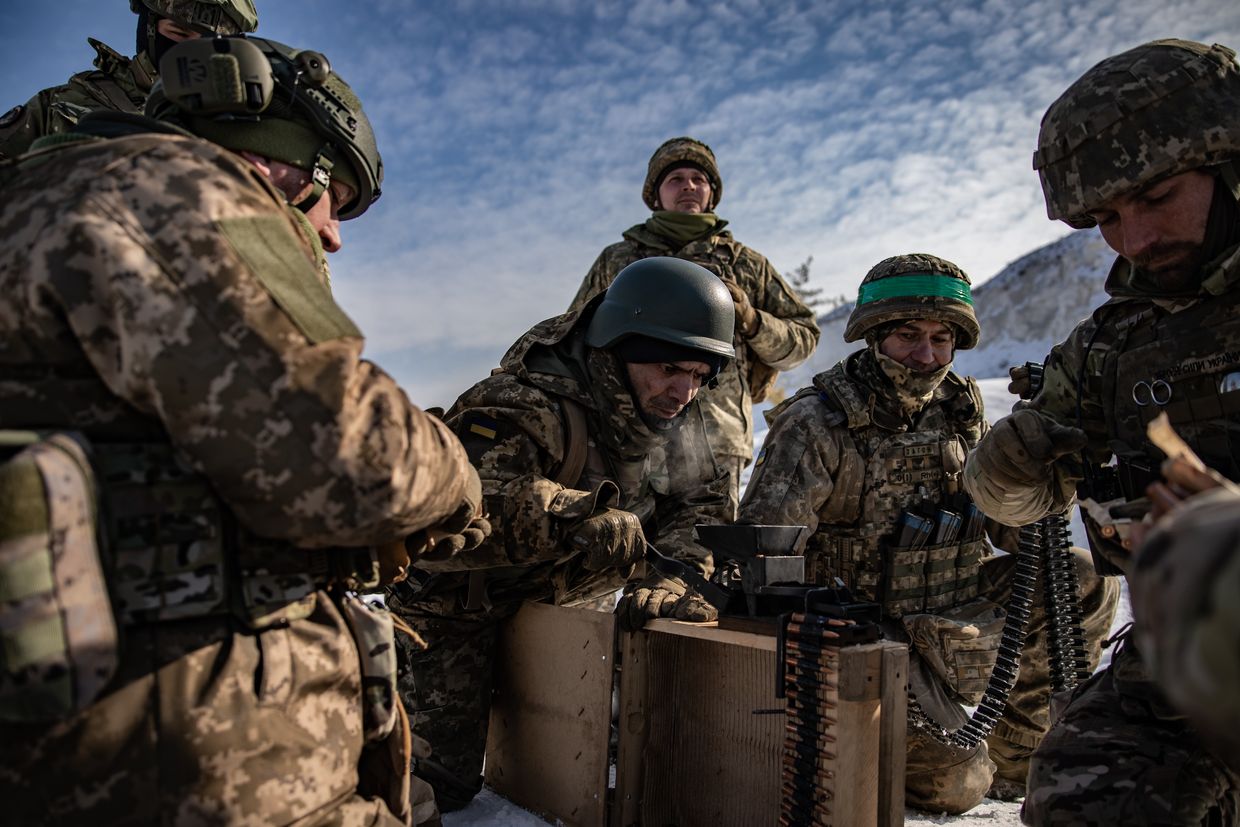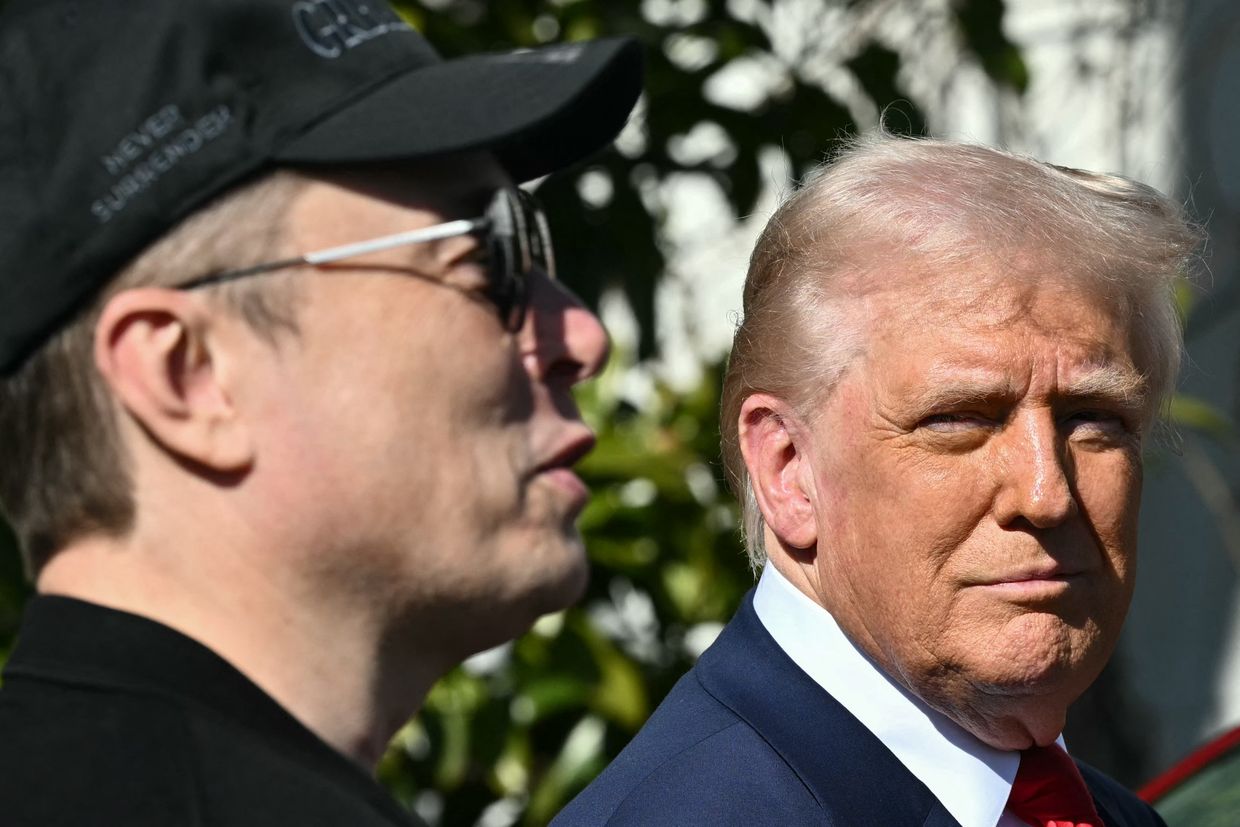Updated: 'We had to get Ukraine to do the right thing,' Trump says

Editor's note: The original version of the article incorrectly stated that Trump called the Oval Office clash part of a deliberate strategy.
U.S. President Donald Trump said on March 17 that the U.S. had to push Ukraine "to do the right thing" regarding efforts to end the war while recalling his public clash with President Volodymyr Zelensky in the Oval Office last month.
"A lot of people are being killed over there, and we had to get Ukraine to do the right thing. It was not an easy situation," Trump told reporters at the Kennedy Center, responding to a question that is not audible in the video recording.
"You got to see a little glimpse at the Oval Office, but I think they are doing the right thing now, and we are trying to get the peace agreement done. We want to get a ceasefire and then a peace agreement."
Zelensky and Trump held a tense 45-minute press briefing in the Oval Office on Feb. 28, which ended in a heated argument over U.S. aid to Ukraine and the cancellation of a planned mineral agreement.
After the meeting, Trump accused Zelensky of disrespecting the U.S. and said on Truth Social that "he can come back when he is ready for peace." The dispute escalated during the press conference following Zelensky's response to remarks by U.S. Vice President JD Vance.
Following the argument, the Trump administration suspended intelligence and military aid to Ukraine for about a week. Tensions started to ease by March 4, when Zelensky apologized to Trump, expressing readiness to work with Trump's leadership for lasting peace and reiterating Ukraine's commitment to ending the war.
Trump previously said he plans to have a phone call with Russian President Vladimir Putin on March 18.
The planned call follows U.S.-led talks in Saudi Arabia, where Washington proposed a 30-day Russia-Ukraine ceasefire. Kyiv accepted the deal on March 11, leading the U.S. to resume military and intelligence support.
On March 13, Putin signaled Russia's willingness but demanded guarantees that Ukraine wouldn't mobilize, train troops, or receive military aid during the truce, raising concerns about renewed Russian aggression.
"It's a bad situation in Russia, and it's a bad situation in Ukraine," Trump said. "What's happening in Ukraine is not good, but we're going to see if we can work a peace agreement, a ceasefire, and I think we will be able to do it. And I'm speaking to President Putin tomorrow morning."












